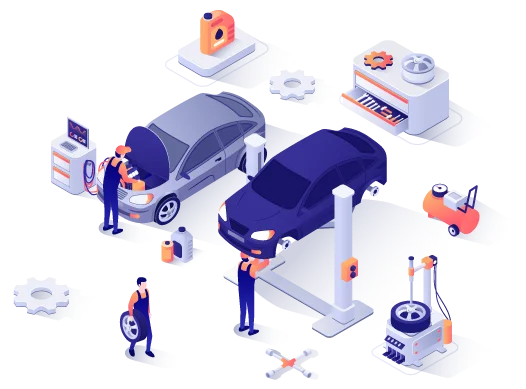The automotive industry is a global sector that designs, manufactures, markets, and sells motor vehicles, including passenger cars, trucks, and commercial vehicles. This industry has a strong influence on global economies due to its extensive supply chains and large employment opportunities. Recent investments in electric vehicles (EVs) have accounted for 50% of total funding in the sector, reflecting the industry's pivot towards sustainable technologies. Factors such as rapid urbanization, increasing disposable incomes, and evolving lifestyles are fueling demand, especially in emerging markets experiencing economic development and infrastructure improvements.
Key players in the industry include manufacturers, suppliers, and technology providers that collectively push the boundaries of innovation, particularly in sustainability and automation. Looking ahead, the automotive industry's future is characterized by innovation, electrification, and digital transformation. Improvements in EV technology, battery performance, and charging infrastructure are expected to accelerate EV adoption and lower costs, broadening market opportunities.
Key players in the industry include manufacturers, suppliers, and technology providers that collectively push the boundaries of innovation, particularly in sustainability and automation. Looking ahead, the automotive industry's future is characterized by innovation, electrification, and digital transformation. Improvements in EV technology, battery performance, and charging infrastructure are expected to accelerate EV adoption and lower costs, broadening market opportunities.




